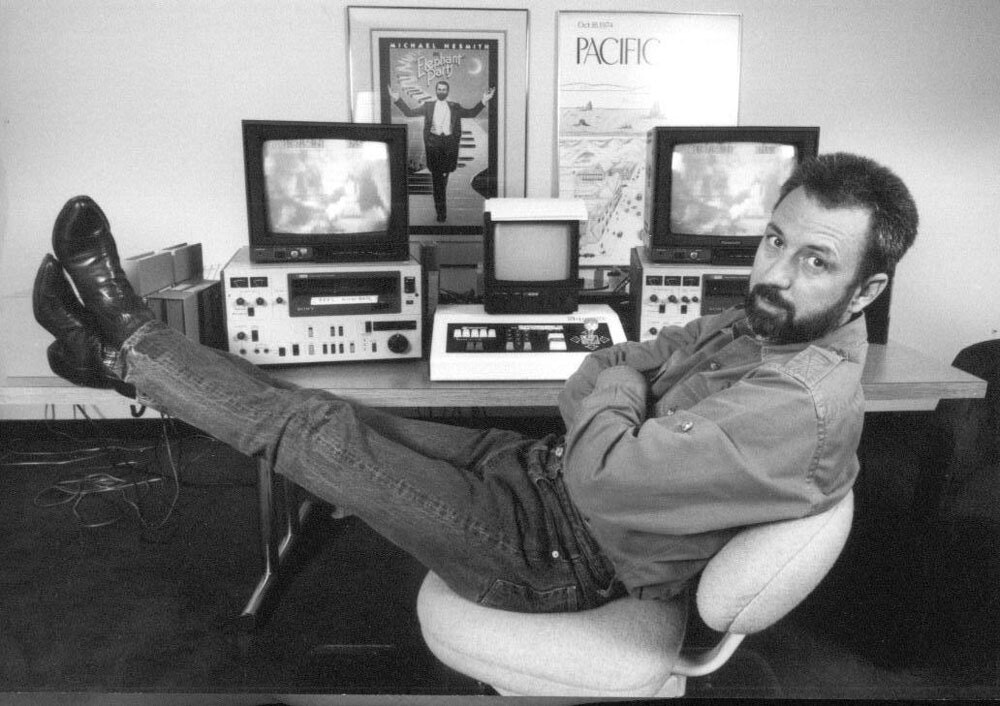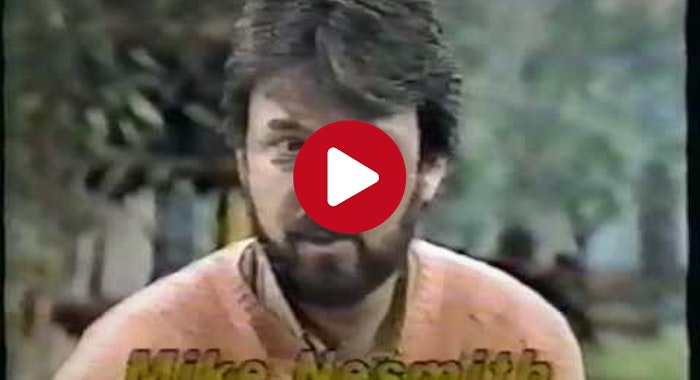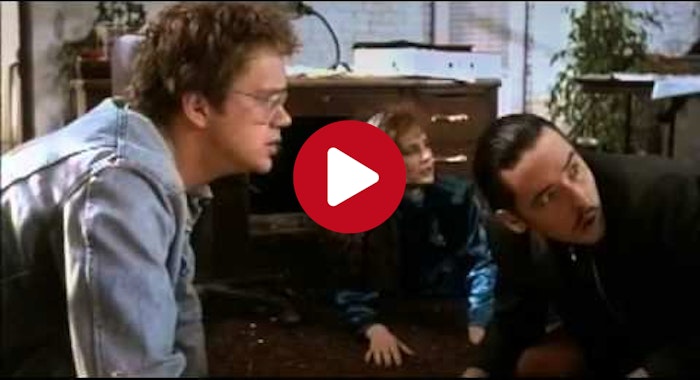Tedium - Video Rancher 🎥
|
|
|
|
|
|
|
|
|
|
Older messages
Good Luck Opening These 📝
Wednesday, March 2, 2022
10 document file formats that might prove tough to convert. Here's a version for your browser. Hunting for the end of the long tail • March 02, 2022 Eyebrow nightfall Today in Tedium: As you may
Under Pressure 🌊
Saturday, February 26, 2022
Everything you every wanted to spray about pressure washers. Here's a version for your browser. Hunting for the end of the long tail • February 25, 2022 Hey all, Ernie here with a piece from David
Word Up 🧐
Wednesday, February 23, 2022
The word games the internet played before Wordle. Here's a version for your browser. Hunting for the end of the long tail • February 23, 2022 Today in Tedium: I'm sort of at that age in my
You Spin Me Right Round, Baby 📀
Friday, February 18, 2022
Hard drive platters used to be bigger than vinyl records. Way bigger. Here's a version for your browser. Hunting for the end of the long tail • February 18, 2022 Hey all, Ernie here with a
Cloud Caper ☁️
Wednesday, February 16, 2022
Can you self-host your own personal Dropbox? Would you want to? Here's a version for your browser. Hunting for the end of the long tail • February 16, 2022 Today in Tedium: About a month ago, I got
You Might Also Like
WebAIM February 2025 Newsletter
Friday, February 28, 2025
WebAIM February 2025 Newsletter Read this newsletter online at https://webaim.org/newsletter/2025/february Feature Global Digital Accessibility Salary Survey Results The results of the WebAIM and GAAD
JSK Daily for Feb 28, 2025
Friday, February 28, 2025
JSK Daily for Feb 28, 2025 View this email in your browser A community curated daily e-mail of JavaScript news Introducing the New Angular TextArea Component It is a robust and flexible user interface
Daily Coding Problem: Problem #1704 [Medium]
Friday, February 28, 2025
Daily Coding Problem Good morning! Here's your coding interview problem for today. This problem was asked by Amazon. At a popular bar, each customer has a set of favorite drinks, and will happily
iOS Dev Weekly – Issue 701
Friday, February 28, 2025
What does Dave write about when he has a fever? 🤒 Let's find out!
Feature | The Best Visualizations from February on Voronoi 🏆
Friday, February 28, 2025
See the most popular, most discussed, and most liked visualizations on our new data storytelling app Voronoi from February. View Online | Subscribe About a year ago, we launched Voronoi, our free new
Issue #582: Phaser Launcher, DOOM in TypeScript types, and A Prison for Dreams
Friday, February 28, 2025
View this email in your browser Issue #582 - February 28th 2025 Weekly newsletter about Web Game Development. If you have anything you want to share with our community please let me know by replying to
Stop Android photo surveillance 🔍
Friday, February 28, 2025
Cheaper streaming 📺; 1Password nightmare 💀 -- ZDNET ZDNET Week in Review - US February 28, 2025 machine eye A new Android feature is scanning your photos for 'sensitive content' - how to stop
Why Natural Language Coding Isn’t for Everyone—Yet
Friday, February 28, 2025
Top Tech Content sent at Noon! Boost Your Article on HackerNoon for $159.99! Read this email in your browser How are you, @newsletterest1? 🪐 What's happening in tech today, February 28, 2025? The
iOS Cocoa Treats
Friday, February 28, 2025
View in browser Hello, you're reading Infinum iOS Cocoa Treats, bringing you the latest iOS related news straight to your inbox every week. Animatable Protocol: Taming Unruly SwiftUI Animations In
Your new cheap TV streaming option 📺
Friday, February 28, 2025
GPT-4.5; AI work study; Smartwatch faceoff ⌚; Run your own cloud -- ZDNET ZDNET Tech Today - US February 28, 2025 tv watching DirecTV's new no-contract 'Genre Packs' start at $35 - and you







